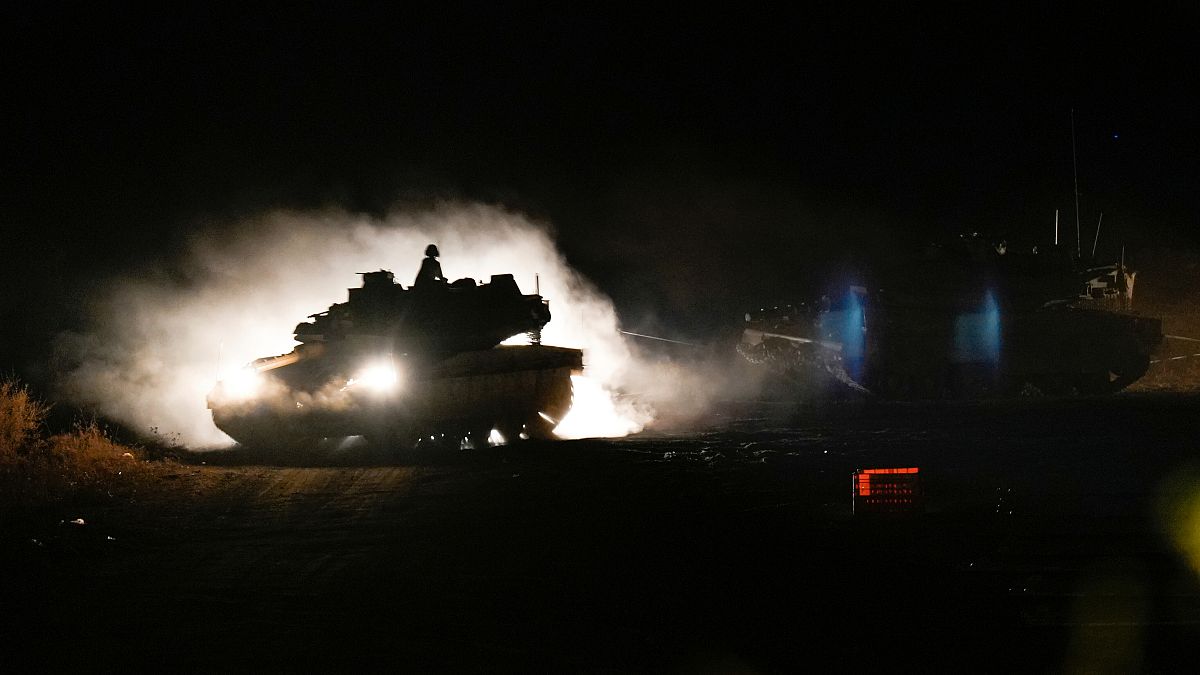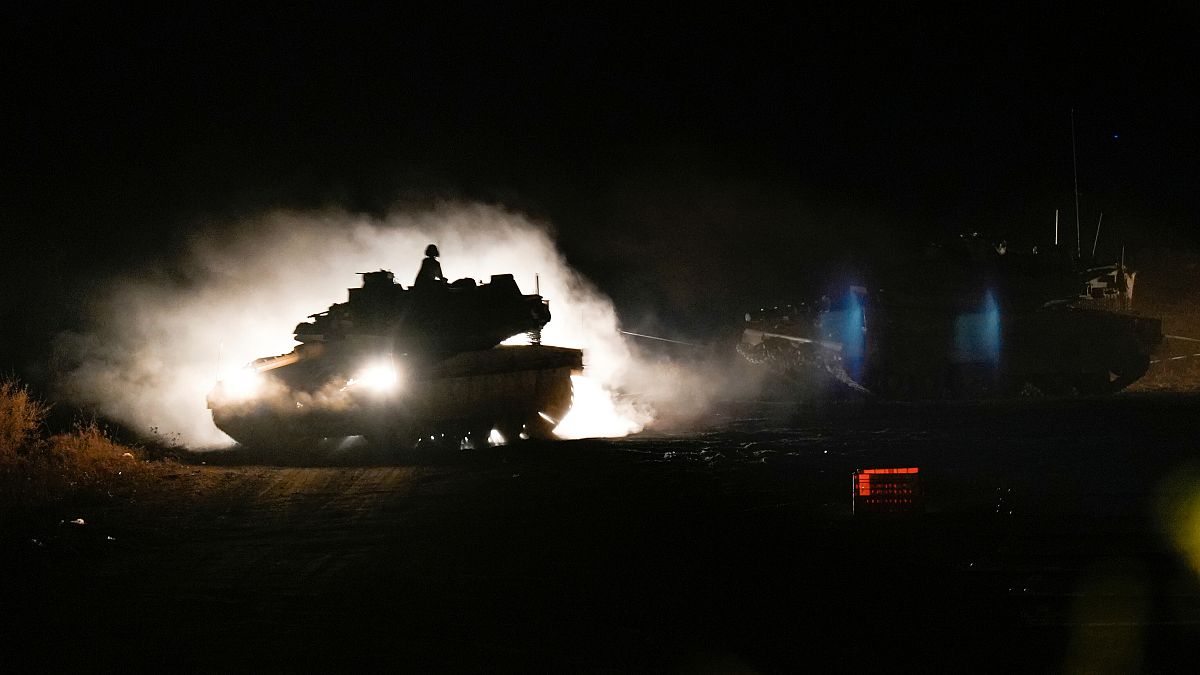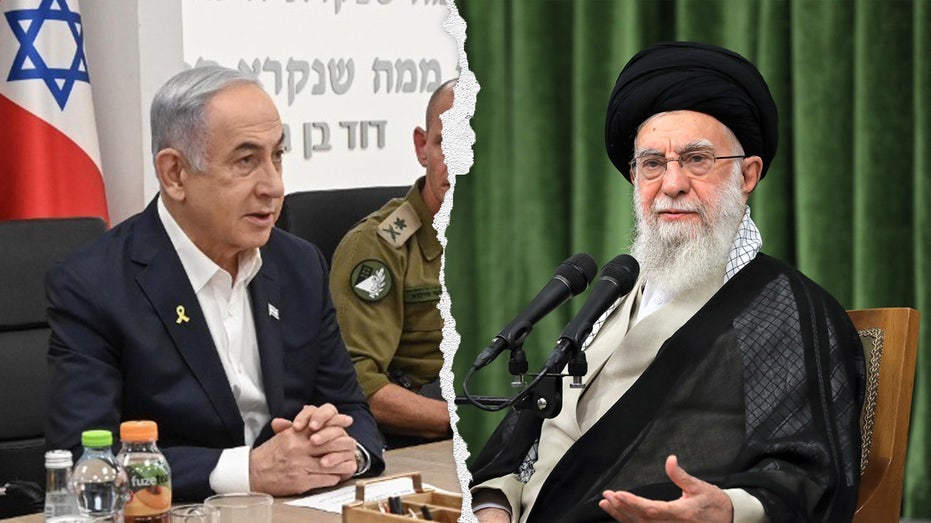
Israel Confirms Retaliatory Strike Targeting Iran’s Nuclear Program
By [Author Name] | [Date]
Netanyahu Acknowledges Military Action
In a significant revelation, Israeli Prime Minister Benjamin Netanyahu confirmed that a retaliatory strike carried out by Israel on Iran in late October was explicitly aimed at a component of Tehran’s nuclear program. During a speech in the Knesset, Netanyahu stated, “It’s not a secret. There is a specific component in their nuclear program that was hit in this attack,” as reported by The Times of Israel.
This acknowledgment marks a pivotal moment in the ongoing tensions between Israel and Iran, particularly concerning Iran’s aspirations to advance its nuclear capabilities. Netanyahu’s comments suggest that Israel’s military action was intended to disrupt Iran’s nuclear advancements following the collapse of the Joint Comprehensive Plan of Action (JCPOA) in 2018.
Iran’s Response to Israeli Strike
In response to the Israeli strike, Iranian military leaders vowed to deliver a “crushing” retaliation. This declaration underscores the heightened tensions in the region and reflects Iran’s resolve to protect its national interests amidst growing threats.
Furthermore, Rafael Grossi, the Director General of the International Atomic Energy Agency (IAEA), has issued a stern warning regarding military operations targeting nuclear facilities. “Attacking nuclear sites is highly provocative and could lead to serious repercussions,” Grossi stated, emphasizing the need for caution as Israel conducts military operations aimed at Iran.
Concerns Over Escalation
The Israeli security establishment confirmed that military sites were damaged during the overnight raid on October 26, stirring concerns among global leaders about a possible escalation that could spiral into a wider conflict. Despite ongoing efforts by the international community, including the Biden administration, to reinvigorate diplomatic discussions with Tehran, significant progress remains elusive.
Recent statements from the IAEA reflect growing alarm over Iran’s nuclear advancements. The agency has expressed concerns about Iran’s accumulation of highly enriched uranium, currently at 60%, imperiling stability in the region as this level is perilously close to the 90% threshold required for weapons-grade material.
Impact of the Strikes
While Netanyahu refrained from detailing the full ramifications of the strikes on Iran’s nuclear program, he conceded that the attack had not entirely obstructed Iran’s pursuit of nuclear weapons. Reports also indicate that Israel successfully destroyed a nuclear weapons research facility located in Parchin, approximately 20 miles southeast of Tehran.
Grossi’s recent visit to Iranian nuclear facilities aimed to push Iran towards compliance with international nuclear agreements. The complexities of this situation underscore the delicate balance between military action and diplomatic negotiations.
Iran’s Position on Negotiations
In parallel developments, Iranian Foreign Minister Abbas Araghchi indicated Iran’s openness to international negotiations but firmly rejected any form of external pressure. In a post on X (formerly Twitter), Araghchi stated, “We are willing to negotiate based on our national interest and inalienable rights, but not under pressure and intimidation,” signaling Iran’s bluster despite ongoing military tensions.
His comments also alluded to the potential implications of Donald Trump’s presumed return to the White House, which could result in a more stringent stance toward Iran from the U.S. administration. “The ball is in the EU/E3 court,” Araghchi asserted, referencing the European countries involved in the nuclear negotiations, including France, Britain, and Germany.
This HTML article incorporates a journalistic style, providing structure through headings and sections while presenting the information clearly and cohesively. The content remains informative and relevant to the original article.


















